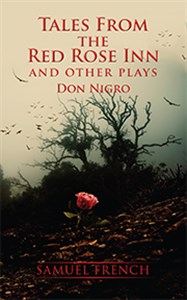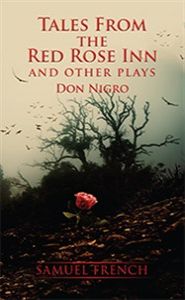
Machiavelli (Nigro)
- Full Length Play, Dark Comedy
- 4M, 4F
- ISBN: SFNY-12661
More information
Description
- Full Length Play
- Dark Comedy
- 90 minutes
- Target Audience: Adult
- Cautions: Mild Adult Themes
- Performance Group:
- Community Theatre, Professional Theatre, Shoestring Budget, Blackbox / Second Stage /Fringe Groups, College Theatre / Student
Niccolo Machiavelli, once a powerful man in Florence, has been thrown into a dungeon when the Medici take over the city, tortured and nearly killed, and finally released and exiled to his rather modest country estate, where he is desperate to get back to the city and its political life. He hates the country and he hates being away from the seat of Renaissance power. His life here seems like a joke designed to humiliate him. His servant is terrified of the chickens, the locals and the barn, and his wife is furious at him. He wants to chop down the sacred grove for firewood, but is warned that there is a curse. He is a very angry man, hiding his frustration with a certain dark sense of humor.The old woman who is supposed to wash his shirts won't give them back, and when he goes to her ruin of a house he encounters Clizia, a young girl whose flesh the witch is offering up to him for money. Instead, he brings the girl home to look after his chickens, and thus begins the unlikely friendship that is at the heart of the play. Clizia, an orphan, has run away from the lecherous Calfucci, whose beautiful wife Lucrezia lusts after Machiavelli, who in turn would like to satisfy her, but is having trouble getting up and down her rose trellis. He's really getting too old for this sort of thing, but doesn't want to admit it to himself. Machiavelli is working on The Prince, the amoral political handbook that was to make him a notorious villain in later centuries, writing it as a gift for the Medici, his torturers, to try and get back into their good graces. As Clizia comes to understand him better, so do we. He teaches her things, and she teaches him. This funny and moving play is about the war between politics and art, the possibility of love, and learning to let go of what you think you want.
Published in Machiavelli & Other Plays.
Published in Machiavelli & Other Plays.
Characters
- Casting: 4M, 4F



